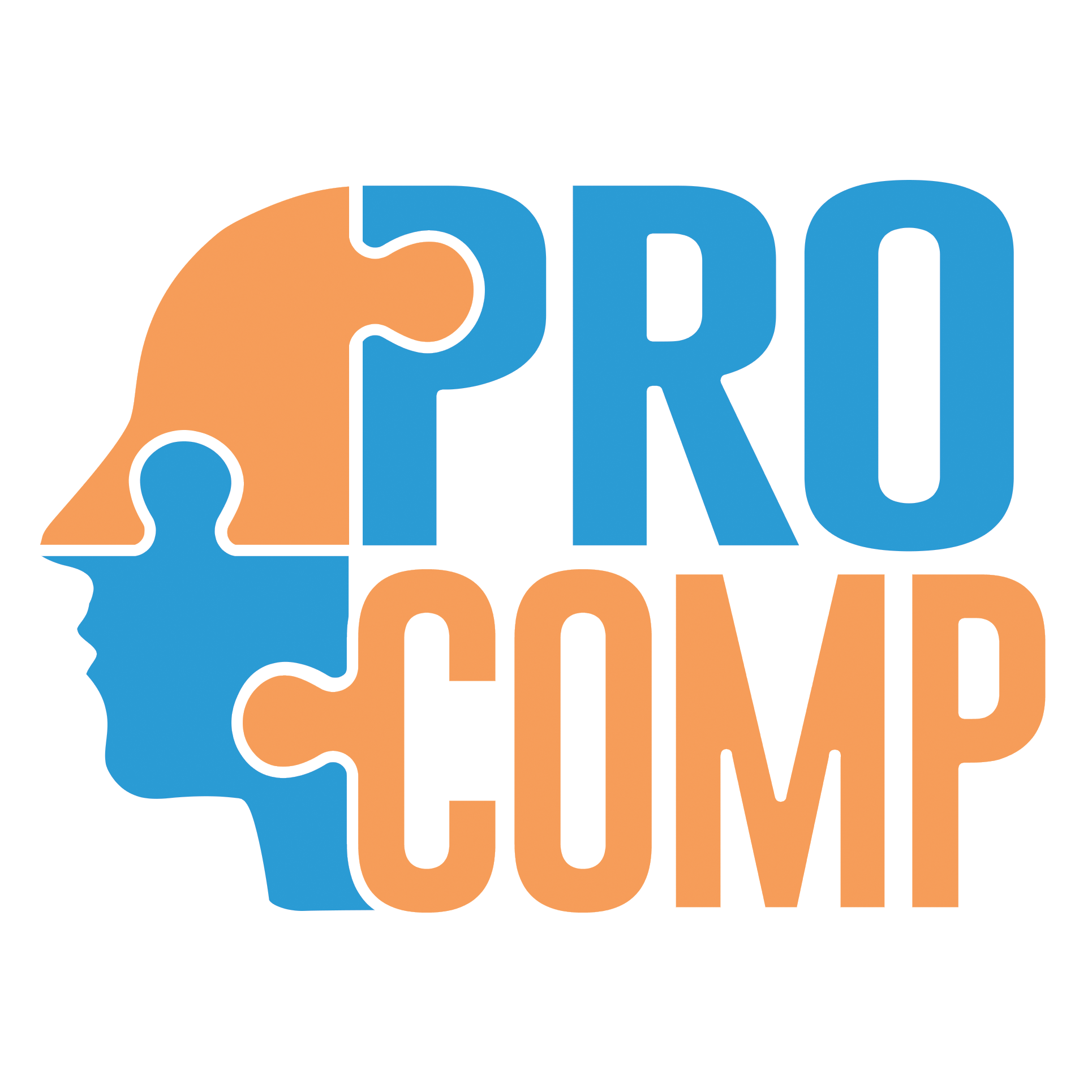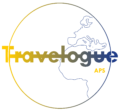DETAILS:
- Title: PRO-COMP – Promoting development, assessment and recognition of Adults’ non-formal and informal Competences
- Running dates: September 2019 – August 2021
- Programme: Erasmus+ KA2 Strategic Partnerships | Adult Education
- ID number: 2019-1-IT02-KA204-062660
PARTNERS:
- ASSOCIAZIONE TRAVELOGUE (Coordinator – Italy)
- ASOCIACION INICIATIVA INTERNACIONAL JOVEN (Spain)
- ASSOCIAZIONE VITA INDIPENDENTE UMBRIA ONLUS (Italy)
- EPRALIMA – ESCOLA PROFISSIONAL DO ALTO LIMA (Portugal)
- IMF – Institut Méditerranéen de Formation et Recherche en Travail Social (France)
DESCRIPTION:
The project deals with the recognition of non-formal and informal competences, in a time when a skilled workforce is essential to develop a competitive, sustainable and innovative economy in line with Europe 2020 goals. The problems addressed are:
- High unemployment rate, many people at risk of poverty and social exclusion
- Adults with not updated skills
- People coming from non-EU countries with not recognized qualifications
- Vulnerable groups (disabled, migrants/refugees, women with children, long term unemployed, people with temporary jobs): often excluded by the labour market because their non formal and informal competences are not appreciated and formally recognized.
PROJECT GENERAL AIM:
To develop, assess and enhance the skills and competences of adult population, especially people at risk of social and professional exclusion and to promote the system of recognition of non formal and informal competences in Europe, in order to have adults adequately employed and included in the labor market and in society
EU PRIORITIES:
ADULT EDUCATION: Supporting the setting up of, and access to, upskilling pathways
ADULT EDUCATION: Extending and developing the competences of educators and other personnel who support adult learners
HORIZONTAL: Social inclusion
TOPICS ADDRESSED
Recognition (non-formal and informal learning/credits)
Access for disadvantaged
Recognition, transparency, certification
PROJECT BACKGROUND – EU LEGISLATION:
- Council Recommendation of 20 December 2012 on the validation of non-formal and informal learning
- European Qualification Framework for lifelong learning (EQF)
- European Credit System for Education and Training (ECVET)
- Europass
- Youthpass
- CEDEFOP European guidelines for validating non-formal and informal learning published in 2009 and regularly reviewed
TARGET GROUPS:
- Adult learners – Long term unemployed adults, people with temporary jobs, migrants/refugees, people with disability, women with children
- Staff of the partner organizations – Professionals, facilitators, peer counselors, adult education specialists, trainers in non formal activities, advisors, mentors, coordinators, experts for the validation and certification of non formal competences
PROJECT ACTIVITIES:
4 Transnational project meetings for coordination
4 Training courses (3 for staff and 1 for adult learners)
Local activities:
- Research and Analysis of recognition of non-formal and informal competences system
- Tools sharing for competences assessment, validation and recognition
- Skills assessment and tools experimentation for the validation and recognition of non formal and informal competences
- CV model that appreciates and enhances non-formal skills
- Analysis of the training and learning needs of adult target group
- Professional Plan for career implementation and self promotion
Creation of the project website and related blog for exchanging non formal and informal learning experiences of the adult learners with reserved pages to access useful files and tools shared by the participants
PROJECT OUTPUTS:
- Research and Analysis of recognition of non-formal and informal competences system in the participant countries;
- Tools collection for competences assessment, validation and recognition;
- CV model in each national language and in English that appreciates and enhances non-formal skills;
- Analysis Report of the training and learning needs of adult target group;
- Professional Plan for career implementation and self promotion experimented with at least 12 adult learners in each partner organizations;
- Common framework for planning a future MOOC (Massive Open Online Course) according to the target needs.



